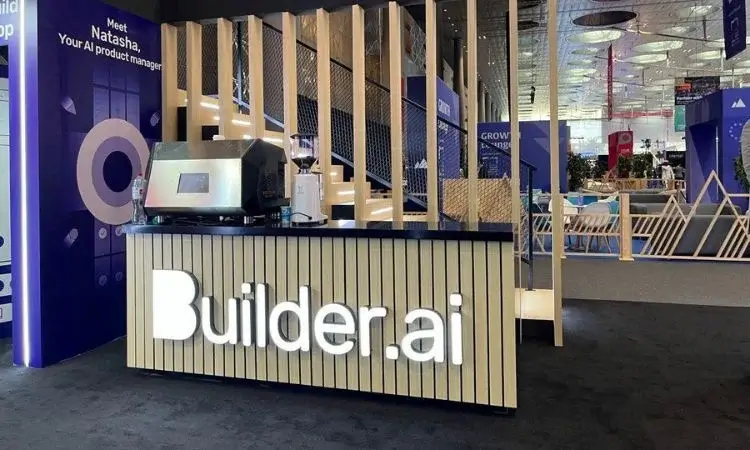Builder.ai, a London-based AI startup once valued at $1.5 billion, is facing serious allegations of inflating its sales figures through a "round-tripping" scheme involving VerSe Innovation, the Indian company behind DailyHunt and Josh. The accusations have surfaced amidst Builder.ai's collapse and subsequent filing for insolvency, sending shockwaves through the tech investment world.
The core of the allegations revolves around financial transactions between Builder.ai and VerSe Innovation between 2021 and 2024. According to reports, the two companies "routinely billed one another for roughly the same amounts," a practice known as "round-tripping." This involves exchanging invoices for similar amounts, creating the illusion of revenue generation without any real exchange of goods or services. Bloomberg reports that Builder.ai collected close to $60 million in revenue from VerSe in that four-year period.
The alleged purpose of this scheme was to inflate revenue figures, thereby misleading investors and creditors about Builder.ai's financial health and growth prospects. This artificial inflation of sales figures allowed Builder.ai to maintain a high valuation and attract further investment, despite underlying financial weaknesses. It's been reported that Builder.ai overstated its 2024 projected sales to creditors by 300%.
VerSe Innovation has vehemently denied the allegations. VerSe co-founder and CEO Umang Bedi has stated that the accusations are "factually incorrect and baseless," insisting that all transactions were for legitimate services rendered and delivered. He explained that Builder.ai provided cloud compute services to VerSe, amounting to $80 million between 2020-2025, while VerSe provided advertising services to Builder.ai worth approximately $50 million during the same period. VerSe has stated that the two companies did engage in business, with VerSe utilizing Builder.ai for hyperscale cloud deployment, system migration, customized app development, and software solutions, cumulating to $80 million. VerSe also claims it provided Builder.ai with $53 million in advertising services.
However, these denials have not quelled the concerns and investigations surrounding Builder.ai's financial practices. The company's downfall has been swift. After reaching a peak valuation of $1.5 billion and raising over $450 million from prominent investors, including Microsoft and the Qatar Investment Authority, Builder.ai's financial troubles became apparent. An internal investigation revealed "potentially bogus" sales, leading to a significant reduction in revenue forecasts. 2024 revenue estimates were slashed from $220 million to around $55 million, and 2023 sales were similarly restated from $180 million to $45 million.
These revelations triggered a default on a $50 million loan, leading a key lender, Viola Credit, to seize $37 million from Builder.ai's accounts. With limited cash reserves, Builder.ai was forced to file for insolvency. US prosecutors have also launched an investigation, issuing subpoenas for detailed financial records and customer information.
Adding to the complexity, Builder.ai was already under scrutiny for its claims regarding the use of AI in its app development platform. It was revealed that the company relied heavily on a team of 700 engineers in India to manually code applications, despite marketing its platform as AI-powered. This revelation raised questions about the company's transparency and the true nature of its technology.
The Builder.ai scandal serves as a cautionary tale for investors and startups alike. It highlights the dangers of prioritizing growth over sound financial practices and the importance of thorough due diligence. The case also underscores the increasing scrutiny faced by startups regarding their claims and the need for transparency in their operations. As investigations continue and legal proceedings unfold, the full extent of Builder.ai's alleged misconduct and its impact on investors and the tech industry will become clearer.

















